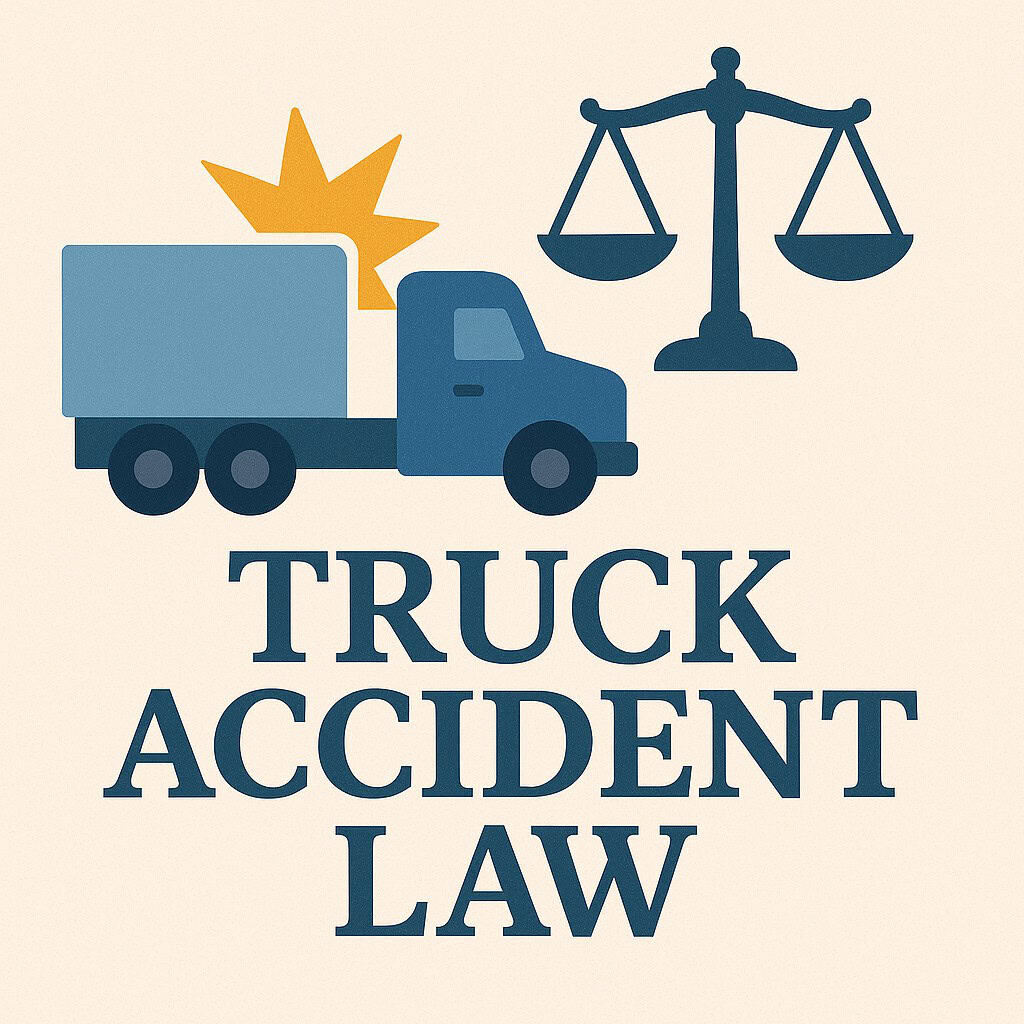Raleigh, North Carolina, sits at the intersection of major highways, including I-40, I-440, and I-540, making it a critical hub for commercial trucking traffic throughout the Southeast. With thousands of commercial vehicles passing through the Triangle area daily, the North Carolina Department of Transportation reports that Wake County experiences a significant number of truck-related accidents annually, many involving cargo-related issues such as improper loading, overweight vehicles, and unsecured loads. These incidents highlight the critical importance of proper cargo documentation and compliance with federal transportation regulations.
Truck accidents are no joking matter—which is why it is vital to understand every possible element involved. There are many components to consider in these cases–here is one you may not have thought about: cargo records. If you’ve been involved in a truck accident, consulting with a Raleigh truck accident lawyer can help you understand how cargo documentation might impact your case. These records can be extremely helpful in determining truck accident case outcomes.
The Role of Cargo Records
The cargo records show the contents carried by a truck. For instance, information about the type, amount, and state of the cargo. These documents determine whether the cargo was loaded properly and if it was operated in accordance with safety standards. Documentation of course, can be vital if there is an accident and there might be questions regarding liability.
Determining Liability
Determining liability in truck accident cases is often complicated. And cargo records can clear up who might be responsible. If the cargo is not loaded properly, the cargo loading company may be responsible. Proper documentation can show whether or not the driver knew about any problems before going on the road. On the other hand, if records are incomplete and suspect, then it may signal negligence.
Identifying Overloading Issues
One common cause of truck accidents is overloading. Cargo logs will show if a vehicle exceeds capacity. This matters all the more because an overloaded truck can affect its handling as well as braking, making truck accidents very likely. Analyzing these documents helps investigators find out whether overloading was the cause of the incident.
Ensuring Compliance with Regulations
Goods transport, especially of hazardous materials, is strictly regulated. Cargo records should show compliance with these laws. According to the Federal Motor Carrier Safety Administration, proper cargo documentation is essential for maintaining safety standards and avoiding violations that can lead to serious accidents. This has real legal implications if records show regulations were bypassed. Staying compliant is more than just avoiding fines; it’s about keeping everyone on the road safe.
Providing Evidence in Legal Proceedings
Be that as it may, cargo records are critical pieces of proof in court. They can help prove allegations of negligence or misconduct. If a driver ignored alerts about improperly secured cargo, for instance, that fact could bolster a plaintiff’s case. At the same time, if documentation exists showing that every precaution was taken, it could bolster the defense.
Reconstructing the Accident
It can sometimes be difficult to see how an accident happened. Additionally, cargo records can help in piecing together the events leading up to the crash. By examining the balance of weight and ways cargo might have been secured, experts can deduce how cargo shifted during transport. This information can give clues as to how the accident occurred.
Highlighting Maintenance Issues
Cargo records can also highlight maintenance issues. Overloading only once or twice doesn’t wear out a truck; however, if it is overstressed consistently, it can start to wear out. This can have an impact on brakes, tires, and other essential parts. Repeated overloading or examined deficiencies suggest problems are systemic within a company.
Facilitating Insurance Claims
If you are in an accident, it can be hard to process an insurance claim. Detailed cargo records can make it easier to obtain these. They offer concrete proof of what was loaded and how it was handled. It can be a lot easier to handle claims to pay for damages or injuries, and it happens faster.
Strengthening Safety Measures
Apart from the legal ramifications, maintaining cargo records can also serve to improve the safety mechanisms of a trucking company. A company has the chance to see if there are patterns or things that continue to pop up all the time by reviewing these documents on a regular basis. By doing this, you will avoid issues in the future and will foster a culture of safety.
Conclusion
Cargo records aren’t just paperwork. They can play a critical role in determining the resolution of a truck accident claim. These documents will go a long way in determining liability, ensuring that protocol was followed, and offering evidence. Knowing the significance of these records can help both individuals and companies to be ready for any legal conflict that may happen. Ultimately, proper cargo documentation will assist you not only in your legal affairs but will also create safer roads for all.


